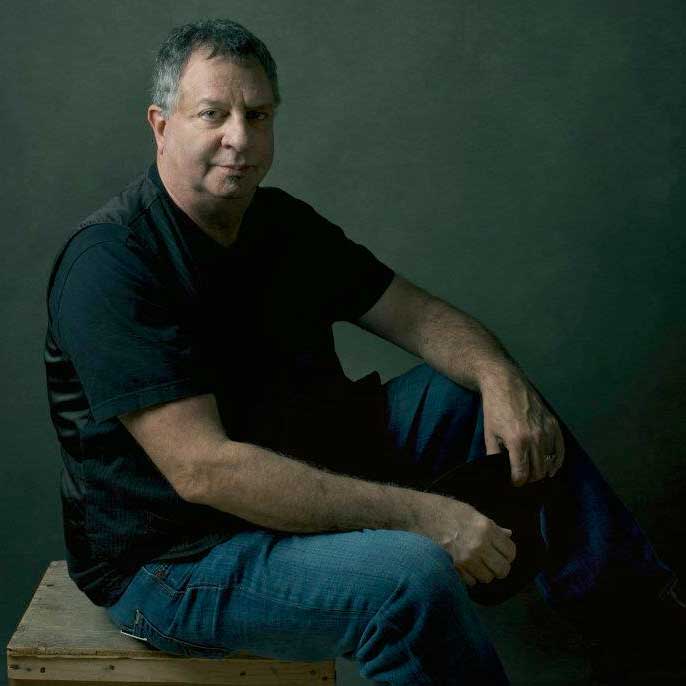What’s poetry got to do with it? I ask myself that question every day. Some say poetry is dead. But that comes from folks who want to kill it. They don’t see poetry in their everyday lives or anyplace else. I do. I see poetry all around me from the trees, the dogs barking (poetically) and my neighbors. Poetry abounds when you know how to look for it. The problem as I see it is the lack of respect from the mainstream media who shrink poetry to a less than precious burble. But then again, they treat all life like that—shaming all of mankind on a constant run of humiliation, degradation, and shame.
This week I want to talk to you about my chosen avocation as a writer. And there is a method to this madness as I attempt to tell you about one of the most intrinsic steps that a human being can take. I know. I know that is some kind of statement coming from this poet. But I am not exaggerating, this is some very cool stuff.
I have been writing since the age of 8. I was attending a day camp (Greenhill if you must know) and I was asked to write for the camp paper and for some very odd reason I decided I was going to write Uncle Larry’s Nature Column where I proceeded to write about the assorted wildlife one could find at the camp which if memory serves me well was confined to bugs (including butterflies), a couple turtles and a visiting dog. Nevertheless (I love that word), this propelled me on to my career as a writer.
I mostly was in a sports journalism mode where I confined my writing to the athletic teams at the various schools I attended. In college I got into haiku and thought of myself as a reincarnated Basho thanks to my girlfriend at the time (Joyce). I wrote and wrote and wrote as my mind resolved into 15 syllables burst of haiku. I thought in haiku I ate in haiku and well just about everything haiku. When I wrote longer forms of poetry it was all free verse. This is one of my first poems and one of my first poems I got published.
COLLECTOR
The mad butterfly collector
stalks through
my meadowed mind
collecting jar
in one hand
net in the other
—whooooooosh!
Thank God he missed
To be a successful writer, you must have empathy, huge empathy for your readers. They are your customers consuming your words. And these words can do harm and they can give pleasure. Whether you are writing a poem, a speech, a novel, or an ad—as a writer you must be able to transmit a message and have that message understood when received. Too many messages do not get understood and lie dead in inboxes and minds. You must care for your reader and the subject at hand.
Basho taught me to write with simplicity. Leonard Cohen taught me to write with my heart. Langston Hughes taught me to stand up for what I care about. Life as a poet is not so easy, I’m afraid. I mean you don’t jump into it to be a billionaire I suppose but I still aspire. Yes, imagining to be the first billionaire poet. Now that would really be something.
But there is more to this week’s issue than just me as a writer, it is about finding your voice. This is the cool stuff I was talking about earlier. Your voice is a very intrinsic ingredient that supersedes just about everything life has to offer you. Everyone has a voice. I am not talking about those words slugging it out of your larynx. I am not talking about whether you can sing or not. I am not talking about your right to vote.
No, I am talking about the most singular and dynamic you. It is your tone, your signature as a being. It incorporates your point of view and style. Voice is the individual behind the words that speaks to your friends and neighbors.
Developing your voice could be one of the most significant things you get to do in your life. It is who you are and how you project that image to others. It is your identity. You have probably heard about personal branding and even branding in general. And how important it is to getting known and successful.
Well, let me tell you that before you can brand you just better have your voice in place. It is the thing that identifies you as you. I remember when I was copywriting a couple of clients told me they could identify things that I wrote right away because of my style. To them it just screamed Larry. Another client told me that what I wrote was pure jazz and that I played the black keys. I thought that was pretty cool. As my skills improved I found I could create a voice for my clients and write with that voice. This proved to be very successful.
To recapitulate, voice is your style, it is the way you use your vocabulary, your tone and even your point of view. It is how you breathe life into things not just when writing or creating but just in ordinary living.
In the next issue of OBS Post, I will get more in depth on how to develop your voice as a signature human being.

